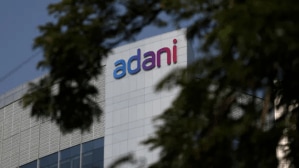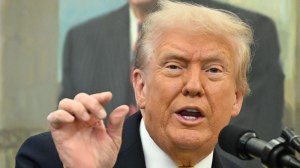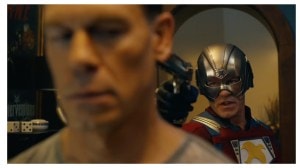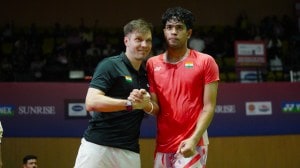Three-day conference on democracy comes to an end
NEW DELHI, February 17: The three-day international conference held to discuss ways to uphold, strengthen and promote democracy all over ...

NEW DELHI, February 17: The three-day international conference held to discuss ways to uphold, strengthen and promote democracy all over the world has suggested among other things, the need for extending civilian control over the military and deepening of democracy beyond its electoral form.
At its concluding session today, the global conference on `Building a Worldwide Movement for Democracy’, attended by more than 400 delegates from 85 countries, adopted a founding document for a global democratic movement which asserts the need for cooperation between nations “to strengthen democracy where it is weak, reform and invigorate where it is long-standing and bolster pro-democracy groups in countries that have not yet entered the process of democratic tradition”.
The most fundamental and lasting achievement of the conference, according to delegates, is the development of networks that will work in separate areas to promote and strengthen democracy. These networks include among others, policy research institutes, NGOs, political parties, trade unions and foundations that assist democracy.
The document also focuses on protection of human rights and rule of law, strengthening judicial and legislative institutions, institutions that improve democratic accountability, empowering governance at the local level, ensuring equal status to and full participation of women, invigorating civil society and mass media, resolving conflicts over minority group rights and claims through the spirit and mechanism of democracy.
Addressing the closing session, Jaswant Singh, minister of external affairs, said that the Delhi-Lahore bus service was symbolic of the `level of amity’ between the people of Pakistan and India. “By itself the bus journey may be a small step, but the symbolism is significant due to its enormity,” he pointed out.
He also stressed on the importance of `economic democracy’ and the equal sharing of world’s resources. He said about that 26 per cent of the total human population of the world lived in the Indian sub-continent, a large percentage of which lived under the poverty line.
The conference was attended by Nobel Laureate Amartya Sen, former Prime Minister I.K. Gujral, former finance minister Manmohan Singh, former US ambassador to India Frank G. Wisner, US ambassador Richard Celeste, Chief Election Commissioner M.S. Gill, UN High Commissioner for Refugees Mary Robinson and US Congressmen Lloyd Doggett, David Price and Gary Ackerman, among others. Organised by the National Endowment for Democracy, Confederation of Indian Industry and Centre for Policy Research, this is the first in a proposed series of annual assemblies that will be held in different capitals of democratic nations every year.






- 01
- 02
- 03
- 04
- 05

























